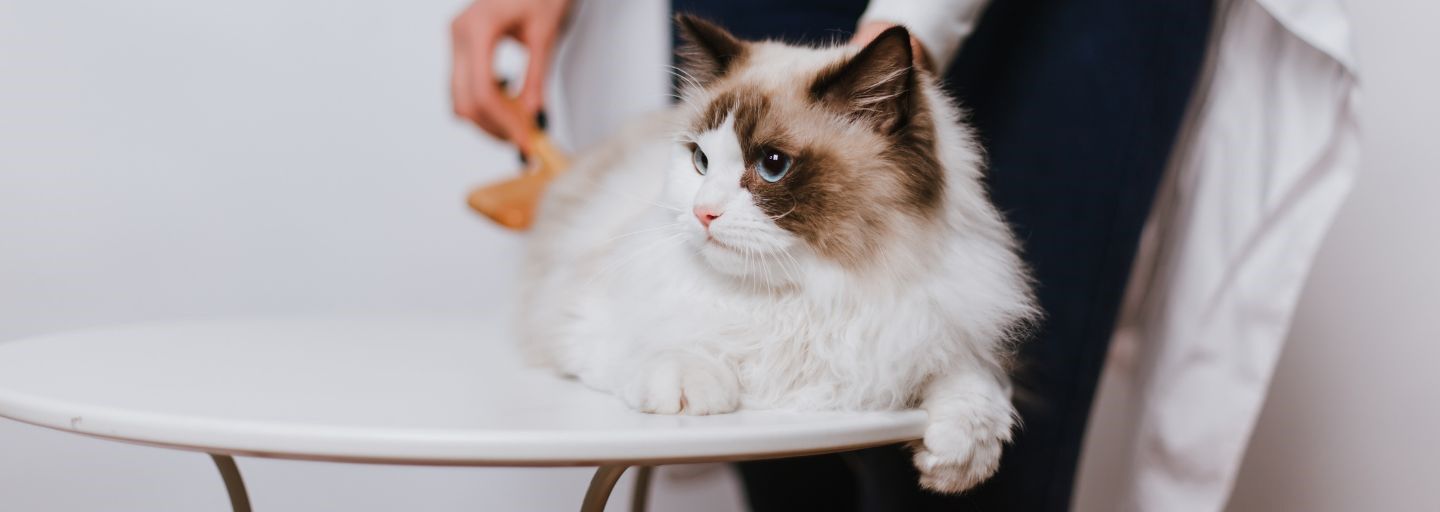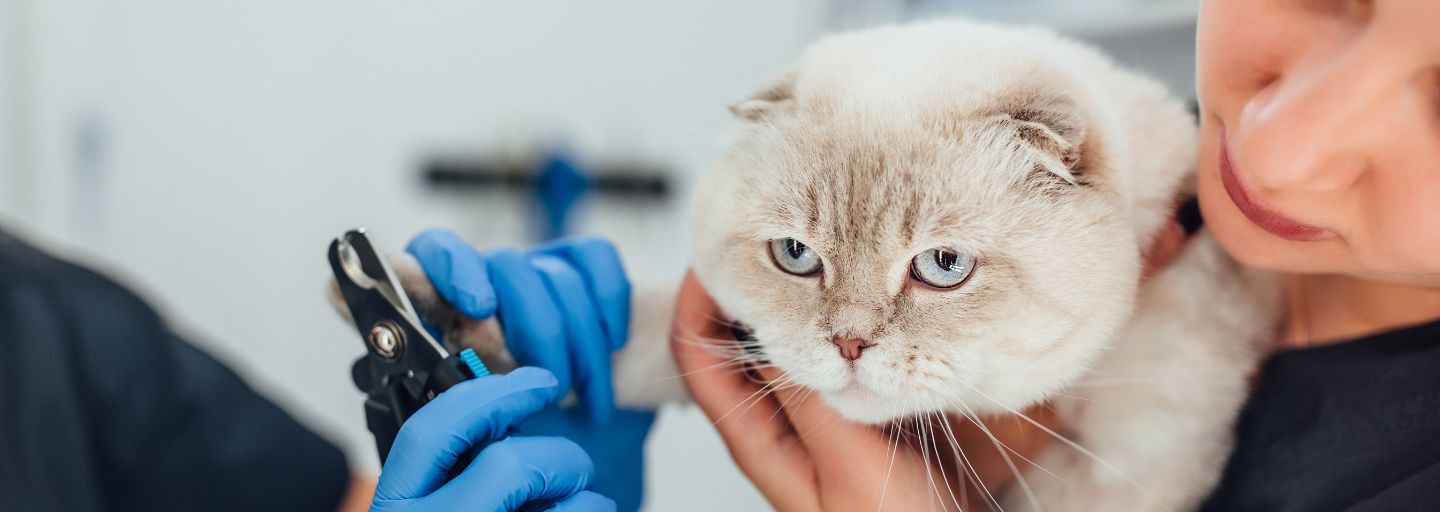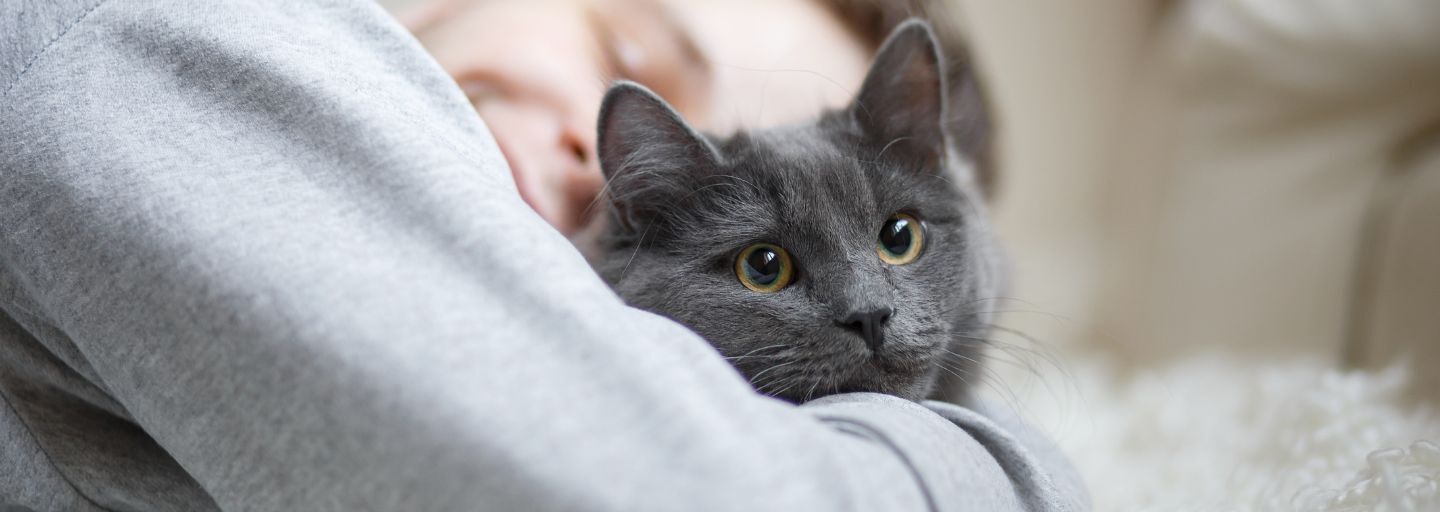Our feline family members are great at keeping themselves clean and pretty but all that self-grooming can often lead to them developing hairballs. This is more common for long-haired breeds like Maine Coons or Ragdolls, that possess a luscious, soft and fluffy fur coat - nobody said it was easy being beautiful.
As cat parents, nothing is quite so alarming when our beautiful felines are in a state of distress because of these hazardous hairballs.
Since your cat’s tongue is designed like a mini hairbrush, when they groom themselves using their tongue, he or she is inevitably ingesting some loose hairs that may stay in the stomach, forming a hairball overtime.
If you’re wondering what the best hairball treatment is for your furry feline, we have a few simple remedies that will get them back to purring in no time.
Good grooming
One of the best ways to prevent your cat's hairball problem is to groom them. Regular brushing removes much of your cat’s loose hairs that get swallowed during the self-grooming process.
For long-haired breeds, take a brush to that beauty once a day or weekly for our short-haired friends.
Finding a grooming tool that your feline enjoys will make way for quality time while also reducing loose hairs.
Keep your cat hydrated
Nothing is more important to your feline’s digestion than clean water. Provide plentiful fresh water for your cat and position water dishes or drinking fountains in several areas for easier access. By keeping your feline friend hydrated, this will help prevent fur from building up in the stomach.
Try Hairball Formula Cat Food
One of the best ways to reduce the frequency of hairballs is by feeding your furry friend a hairball reducing formula. Try mixing your cat’s favourite Fancy Feast Classic flavour with Purina One Hairball Cat Food with Chicken to help move hairballs through their digestive system.
A happier cat with a more settled stomach means more time for cuddles and bonding.
Consult with your vet before making any drastic changes to your cat's diet. Sudden food changes can sometimes upset their digestion.
Regular vet checks
Hairballs may be a natural part of being a cat, but they do not have to be a source of misery. If you take on these preventive measures but see no improvement in your cat over time, be sure to consult with your veterinarian.







